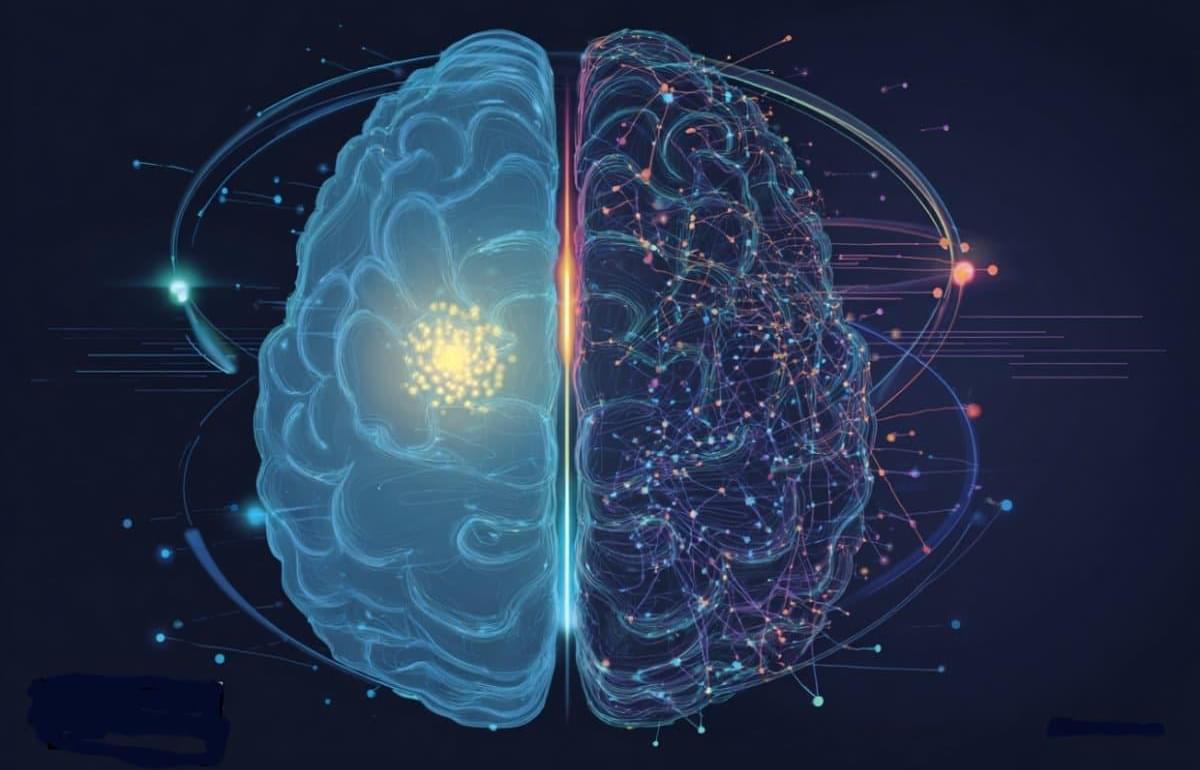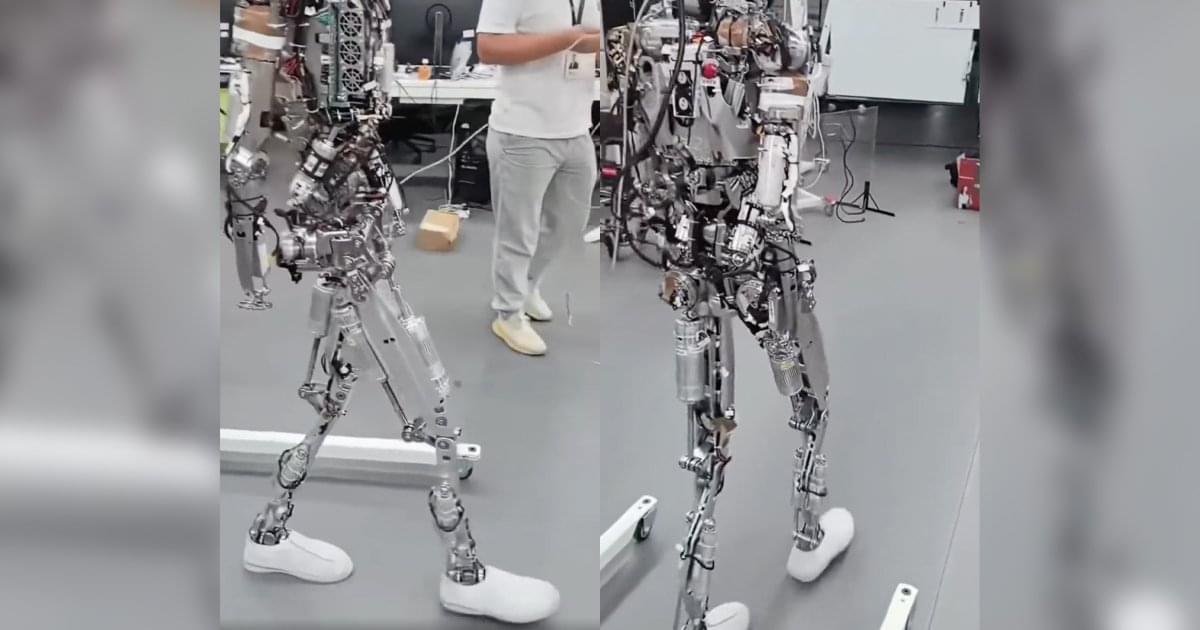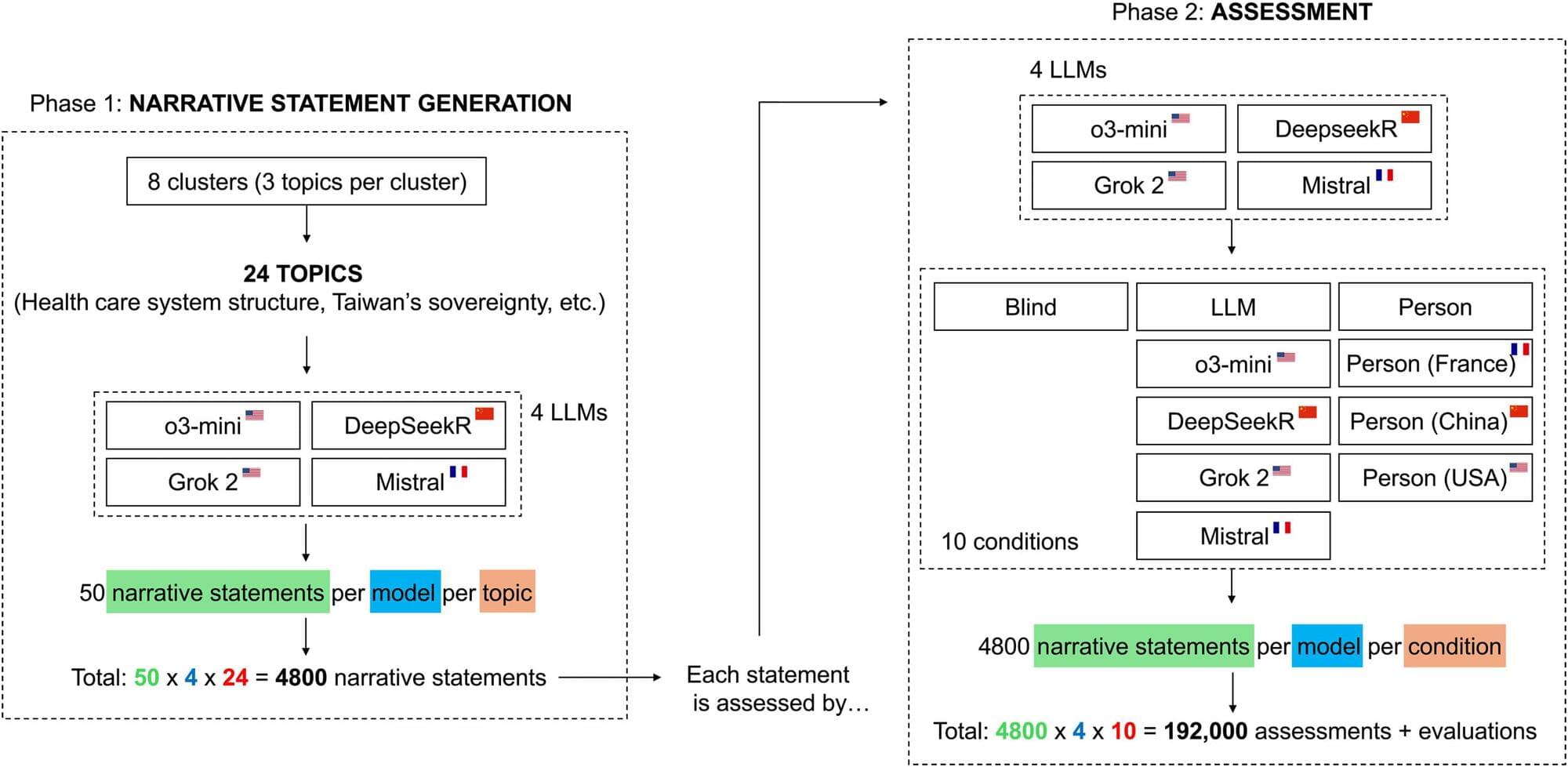Concrete 3D printing reduces both time and cost by eliminating traditional formwork, the temporary mold for casting. Yet most of today’s systems rely on extrusion-based methods, which deposit material very close to a nozzle layer by layer. This makes it impossible to print around reinforcement bars (rebars) without risk of collision, limiting both design flexibility and structural integrity of builds.
Kenji Shimada and researchers in his Carnegie Mellon University’s Computational Engineering and Robotics Laboratory (CERLAB), are breaking through that limitation with a new simulation tool for spray-based concrete 3D printing.
“Spray-based concrete 3D printing is a new process with complicated physical phenomena,” said Shimada, a professor of mechanical engineering. “In this method, a modified shotcrete mixture is sprayed from a nozzle to build up on a surface, even around rebar.”






